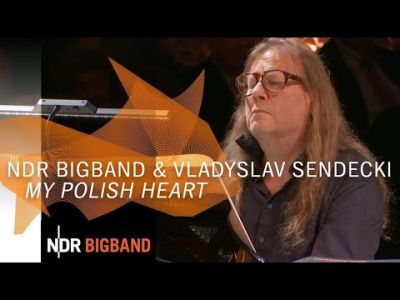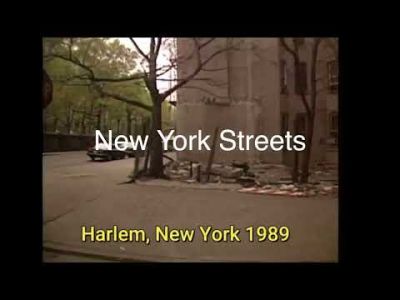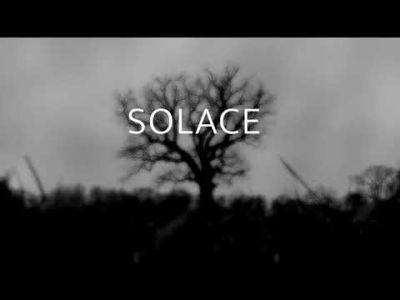Jazz is freedom – Vladyslav “Adzik” Sendecki

The first jazz combos
When Adzik was 17, his father died. The family’s financial situation worsened, and he worked in various jobs after school. While still attending the music lyceum, he took on the musical direction of the Student Song Festival (Festiwal Piosenki Studenckiej) in Kraków. He also accompanied various bands. During that time, he founded his own combo, “Rynek Główny 7”, which mainly played music by Frank Zappa. Before that, Adzik played drums in a band called “Artur”. With “Rynek Główny 7”, the piano was unequivocally his first choice of instrument.
After graduating from the lyceum with top-class grades, he took up studies at the Kraków Music Academy (Akademia Muzyczna w Krakowie), where Krzysztof Penderecki was rector. He studied piano with the highly respected Professor Ludwik Stefański. However, he did not remain his pupil for long. The intensive studies left no time for Adzik’s many other interests. For him, Kraków was bursting with creativity during those years. Although the buildings were of course grey at that time, the city was never monotone or one-dimensional. Sendecki still remembers today how Kraków was loved, and how powerful it was. It was during this time that he developed his roots. He became acquainted with the artists’ milieu in Kraków – the painters Andrzej Mleczko and Rafał Jabłonka, Zbyszek [Zbigniew] Rabsztyn – and the future gallery owner and jazz musician Zbigniew Seifert. He was burning to be part of it all. During those years, he had the incredible energy that is the privilege of youth.
“Extra Ball”
In 1974, during a meeting with Jarek [Jarosław] Śmietana and Benedykt Radecki in the “Klub pod Jaszczurami”, they decided to form the band “Extra Ball”. Jarek was older, and already had experience of the Jazz Federation. Soon afterwards, “Extra Ball” would be playing concerts abroad, and would be on tour for up to six months. Every year, they travelled to the Netherlands, where they had an agent. Adzik became close friends with Jarek Śmietana; the two were like brothers. He spent nearly all his free time with his older friend, who had a vast record collection. They would listen to records and talk about music for hours. “Extra Ball” quickly became popular. In 1975, the band won several awards at the “Jazz on the Oder” (Jazz nad Odrą) festival.
Their ten-week tour of the USSR in 1975 left them with many memories. They played in Tajikistan, Kyrgyzstan, in the Caucasus, in Moscow and Kazan, on the border with Afghanistan, in Dushanbe, Baku, and elsewhere. They were extraordinarily successful, playing two concerts a day to packed concert halls. Some concerts attracted audiences of up to 12,000 people. On Saturdays and Sundays, they played four concerts a day. There were a large number of people in military uniform among the audience. It was Sendecki’s first and last trip to Russia or the Soviet Union. Today, he says that he was probably placed on the artists’ blacklist. He was annoyed by the constant surveillance, with a “dezhurnaya” (female concierge monitoring the entrance) placed on every floor. There was just one bath plug for every floor, which had to be ordered from the concierge. To make matters worse, their phones were also tapped. Once, he became so angry that he ripped the telephone cable out of the hotel wall.
In 1978, Extra Ball went on tour to the US, to San Francisco, Nevada and California. They performed at a jazz festival. During that time, they had unforgettable adventures. While on tour, Sendecki played the organ in a church in Ponderosa – the setting for one of the scenes in the film “Bonanza” – and impressed the vicar there so much that she offered him a job. However, despite the prospect of a generous salary, he declined the offer, to the astonishment of several important members of the delegation. At that moment, Adzik was aware of the fact that just a short time earlier, in 1976, he had been awarded the main prize as a solo artist at the prestigious “Jazz on the Oder” festival in Wrocław. He could and would not choose to hide himself away for ever in a provincial US town, and to swap the piano for the organ. Not even for thousands of dollars.
“Sunship”
In 1977, Vladyslav Sendecki founded the band “Sunship”, which was inspired by Coltrane. At first, the band members included Andrzej Olejniczak. However, he soon left after being hired to work on a ship. He was replaced by Zbigniew Jaremko. Henryk Miśkiewicz and Vitold Rek also joined the band. They were fascinated by the band’s open harmonic-rhythmic approach, and by the fact that the form could always be recreated in a new and open way, so that an entire record could be produced from just a single theme. Following Olejniczak’s departure, the band began to move towards a harmonic bebop sound. During this period, Sendecki also played in Zbigniew Namysłowski’s band “Air Condition”, as well as with the band “Novi Singers”. He also collaborated with Janusz Muniak and Tomasz Stańko. His style of playing was unique and was met with critical acclaim. At this time, jazz music was extraordinarily popular. “Extra Ball” sold 200,000 records, which at that time was a huge success.
In 1978, Sendecki, his wife Dorota and their two children – Wiktor, aged 2½, and Maja, aged 1 – moved from Kraków to Warsaw. It was an intensive period, during which Sendecki was playing a great deal, while at the same time actively participating in the Solidarność movement. He found out what the consequences were of resisting a totalitarian system. At that time, he was playing in a theatre production with Piotr Szczepanik in the “Stara Prochownia” (“Old Munitions Depot”) theatre in Warsaw, which included texts by Vladimir Vysotsky and other poets. The play was performed just twice before being shut down by the censor. Overall, Sendecki became more famous, and more rebellious, following his return from the US. When he applied to travel to India for a festival, the authorities refused to issue him a passport. In 1981, he was expelled from the university. Here, it should be mentioned that in 1974, together with Jarek Śmietana, he had left the Kraków Music Academy in order to join the newly established Faculty of Popular Music at the Music Academy in Katowice. Due to his numerous travels, several semesters of his studies were not recognised; in addition, he had not taken a military exam. On these grounds, he was called to a meeting with the dean of the faculty, Zbigniew Kalemba, and was told that he would have to leave the university.








